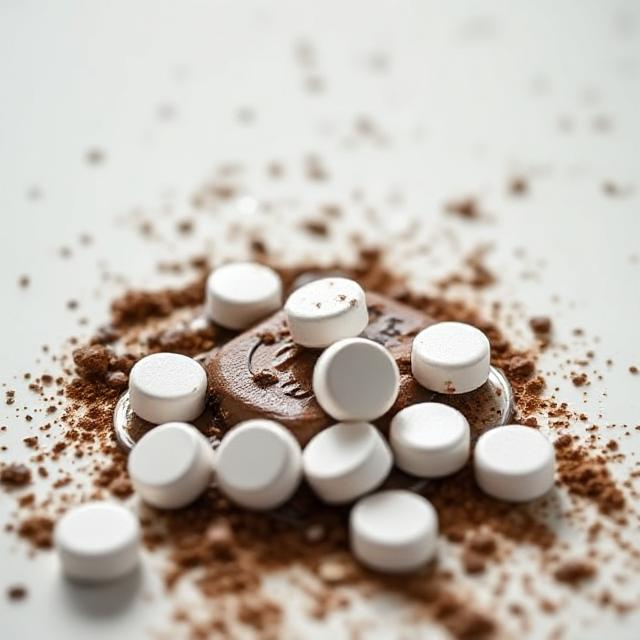The human gut microbiome—a complex ecosystem of bacteria, viruses, and fungi—plays a pivotal role in health, influencing everything from digestion to immunity. Recently, an unconventional therapy has gained traction in the medical world: fecal microbiota transplantation (FMT), delivered via oral capsules colloquially dubbed “poop tablets.” These capsules are being studied as a potential weapon against deadly infections, particularly Clostridioides difficile (C. diff), a bacterium that causes severe, recurrent diarrhea and colitis. Here’s a science-backed exploration of this groundbreaking approach.
The Science Behind Poop Tablets
FMT involves transferring processed stool from a healthy donor into a patient’s gastrointestinal tract. The goal is to restore a balanced microbiome, which can be decimated by antibiotics or disease. When delivered in freeze-dried capsule form, FMT bypasses invasive procedures like colonoscopies, offering a non-invasive alternative.
How It Works:
- Crowding Out Pathogens: Healthy donor microbes compete with harmful bacteria like C. diff, preventing them from thriving.
- Restoring Balance: Beneficial bacteria produce metabolites that heal the gut lining and reduce inflammation.
- Breaking the Cycle: For recurrent C. diff infections, which often resist antibiotics, FMT has shown success rates of 80–90% in clinical trials.
Approved Uses and Clinical Success
Currently, FMT capsules are FDA-approved for recurrent C. diff infections in patients who haven’t responded to standard treatments. Studies highlight their efficacy:
- A 2023 New England Journal of Medicine trial found FMT capsules resolved symptoms in 88% of participants after one dose.
- Research is ongoing for other conditions, such as inflammatory bowel disease (IBD) and antibiotic-resistant infections, though these applications remain experimental.
Safety and Risks
While promising, FMT carries risks:
- Infection Transmission: Donor stool must be rigorously screened for pathogens like HIV, hepatitis, and multi-drug-resistant organisms.
- Side Effects: Mild bloating, cramping, or transient fever may occur. Long-term effects are still under study.
- Regulatory Oversight: The FDA strictly regulates FMT to ensure donor safety and ethical practices.
Important Note: FMT is not a “miracle cure” and should only be administered under medical supervision.
The Future of Microbial Medicine
Scientists are exploring ways to refine FMT:
- Synthetic Microbiomes: Lab-engineered bacterial cocktails could replace donor stool, minimizing risks.
- Targeted Therapies: Identifying specific strains responsible for therapeutic effects may lead to precision treatments.
- Preventative Potential: Researchers are investigating whether FMT could protect high-risk patients (e.g., those undergoing chemotherapy) from infections.
Ethical and Accessibility Considerations
- Donor Stigma: Cultural aversions to fecal matter pose challenges for patient acceptance.
- Cost and Access: While capsules simplify delivery, production costs and regulatory hurdles limit widespread availability.
Conclusion: A Cautious Leap Forward
Poop tablets represent a paradigm shift in treating infections that defy conventional medicine. However, their use must be guided by robust science and ethical rigor. For now, FMT remains a specialized tool—one that underscores the microbiome’s profound impact on health.
Disclaimer: This article is for informational purposes only. Always consult a healthcare provider before pursuing any medical treatment.

